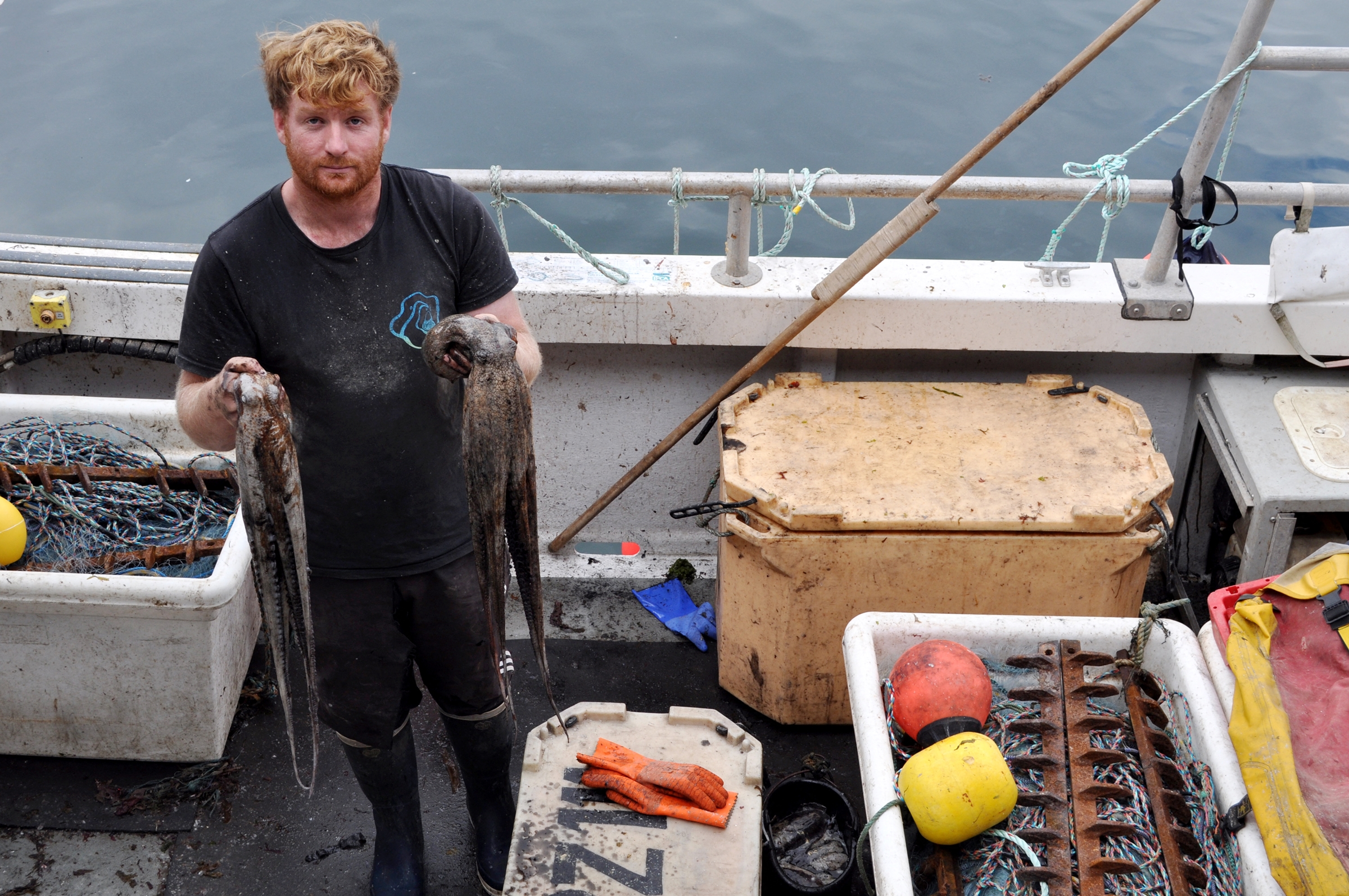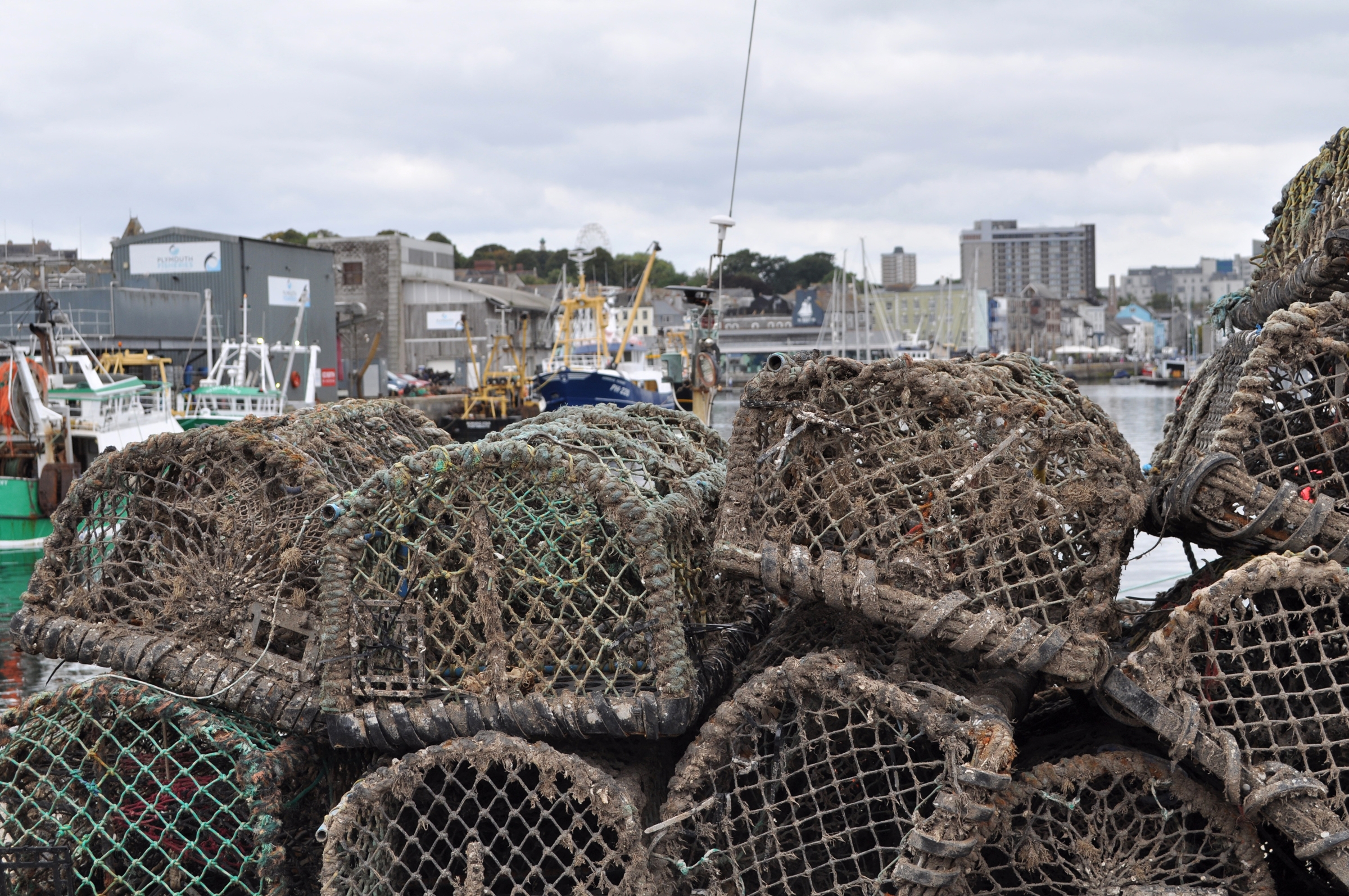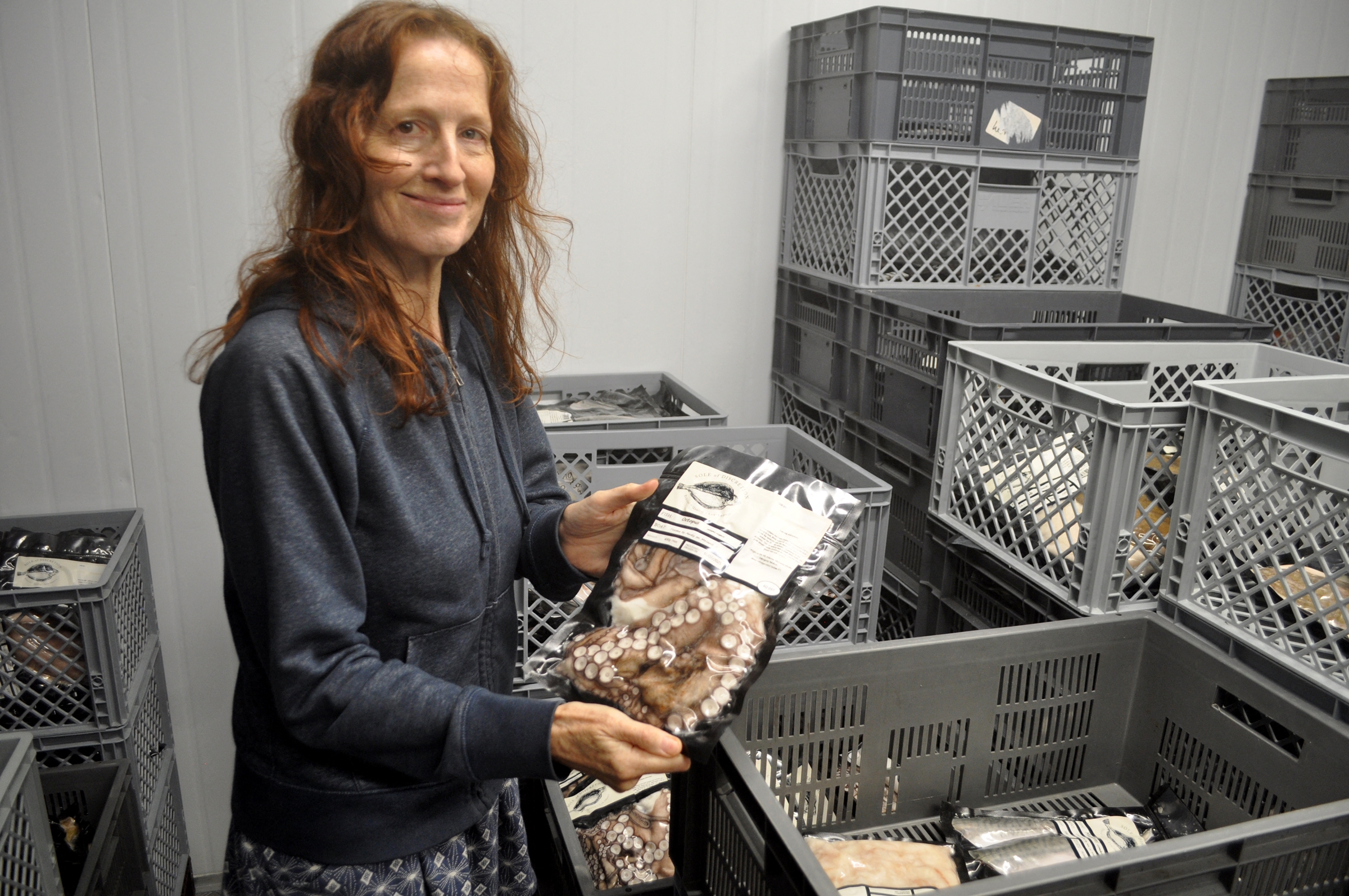Veteran fisherman Brian Tapper has been surprised by what he's found in his 1,200 crab pots off southwest England this season.
During checks in March and April, the pots were almost empty. By May, they were full – not of crabs, but of octopuses. Then, in the past month, the pots have been empty again.
 |
Chris Kelly, 32, displays a recently caught octopus on his boat Shadow in Plymouth harbor, southwest England, 21/8. Photo: AFP |
Along the Devon and Cornwall coasts, where waters are warming, a 75-year high in the octopus population is impacting the crab fishing industry. Octopuses are voracious eaters, and once inside a crab pot, they consume all the crabs.
Tapper's wife has closed her crab processing plant near Plymouth harbor due to the declining catches, and he is considering leaving the business. The 53-year-old fisherman estimates his catch has halved and could be down 75% for the year.
An 18-month heatwave in the region is believed to be responsible for the boom in the warm-water-loving octopus population. "I've been fishing here for 39 years and I've never seen so many octopuses," Tapper said. "I've never seen such a sudden change, like a pandemic."
Statistics from the UK government's Marine Management Organisation show UK fishermen caught over 1,200 tons of octopus in the first six months of 2025, compared to less than 150 tons in the same period in 2023 and less than 80 tons in 2024. Catches of shellfish like brown crab have dropped significantly in 2025.
Sue MacKenzie, owner of Passionate About Fish, a company supplying produce from southwest England, said octopuses "are eating the native species at a rate that no one expected. It's frightening."
 |
Crab pots stacked on Plymouth harbor on 21/8. Photo: AFP |
High market prices for octopus initially offset losses from reduced catches of other species, until the octopus catch itself began to decline sharply in early July.
"We are very worried about the impact on shellfish stocks," said Beshlie Pool, chief executive of the South Devon and Channel Shellfishermen cooperative, which represents over 50 fishing boats.
"Some people have had a bumper octopus year. But among our members, some boats haven’t caught a single octopus all season," Pool said.
Chris Kelly, who fishes for "a little bit of everything" from his seven-meter boat Shadow using pots, nets, and lines, was among those who benefited from the high octopus prices.
"But then, we're not catching any lobsters, and in the long run, we're thinking 'how is this going to affect other stocks?'" he said.
The impact has rippled out to restaurants and food retailers, forcing them to adapt by selling octopus instead of crab and lobster.
"This is the first year we've bought octopus," said Caroline Bennett, whose company, Sole of Discretion, delivers food directly to consumers from Plymouth harbor. "We have no crab to sell."
 |
Caroline Bennett presents octopus at her company in Plymouth harbor, southwest England, 20/8. Photo: AFP |
Local and national authorities have formed an emergency research group to study the situation. A preliminary report is due in October.
Bryce Stewart, a marine scientist at the University of Plymouth who is leading the research, believes octopuses are breeding in the warmer waters around England, an unprecedented situation that could explain their sudden disappearance.
The common Atlantic octopus typically lives only around 18 months, tending to die soon after breeding. "They'll eat anything, they are very aggressive before they start breeding. It's like a live fast, die young life cycle," he explained.
He is constantly asked whether the octopus "plague" will last, and his answer is "probably yes."
That worries Tapper. "The crabs won't be back by the time I retire," he said. "Crabs can take five to ten years to breed and grow to a saleable size, but I don't have five to ten years to pay my bills."
Hong Hanh (According to AFP)












